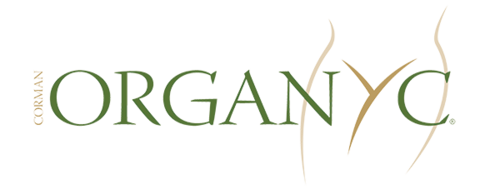Signs That You’re Starting Your Period
Have you ever been short tempered and then your period comes about 1-2 weeks after? This is around the time when we start noticing physical and mood changes. 90% of women have PMS symptoms at some point in their reproductive life. Some of us have more severe signs and symptoms than others.
Uncomfortable or unpleasant period signs and symptoms like cramps and tender breasts are caused by changing hormones. It is unclear to what extent brain chemicals are involved during this time.
These signs and symptoms normally end about 3-4 days after your period has begun.
Common signs that your period is about to start are:
· You start breaking out. Acne is a common problem at this time of the month. Unfortunately, adult women are more likely to get acne than men due to hormones. Period-related breakouts are called cyclical acne. Rising hormones levels kickstart sebum production, which clogs pores and causes pimples as your period is about to start. Before or during your period, you may notice breakouts on your chin and jawline area.
· Your breasts feel tender. Breast pain linked to periods is called cyclical breast pain. Your breasts may feel tender or swollen right after ovulation until a few days after period bleeding starts. Changes in the hormone’s oestrogen, progesterone, and prolactin, the breastfeeding hormone can play a role.
· Tired but can’t sleep. Fatigue is a vicious cycle for many women at this point in their cycle. Changing hormones can disturb your sleep patterns and make you feel tired. Your body temperature can increase while sleeping, caused by oestrogen and progesterone.
· You have cramps. Cramps in the lower belly are often the most common menstrual complaint. Cramps that occur before or during your period are called primary dysmenorrhea. Cramps usually show up right before your period and last for 2-3 days.
· You get constipation or diarrhoea. Your digestive symptoms tend to fall to the extremes when your period is coming. Unfortunately, some of us get constipated and others have diarrhoea.
· You get bloated and gassy. Another major complaint is bloating during our period. It is also a hormonal symptom; however, you can curb premenstrual bloat by cutting down on salt and eating more fruit and veg, as well as exercising regularly.
· Headaches. Changes in oestrogen levels cause headaches before your period. If you’re prone to migraines, you’ll probably find that you get them before your period.
· Mood swings. The change in hormones that cause physical period signs can also affect your emotions. You may feel more emotional than usual or get irritated and angry easily.
· You are anxious and depressed. Both mental health disorders are linked to PMS. Around 50% of women who seek medical help for period signs have some type of depression or anxiety disorder. A history of either condition could make your premenstrual symptoms worse.
· Lower back pain. Period cramps don’t only affect the belly. Changes in natural chemicals called prostaglandins that line the uterus cause contractions that you could also feel in your back or thighs.


